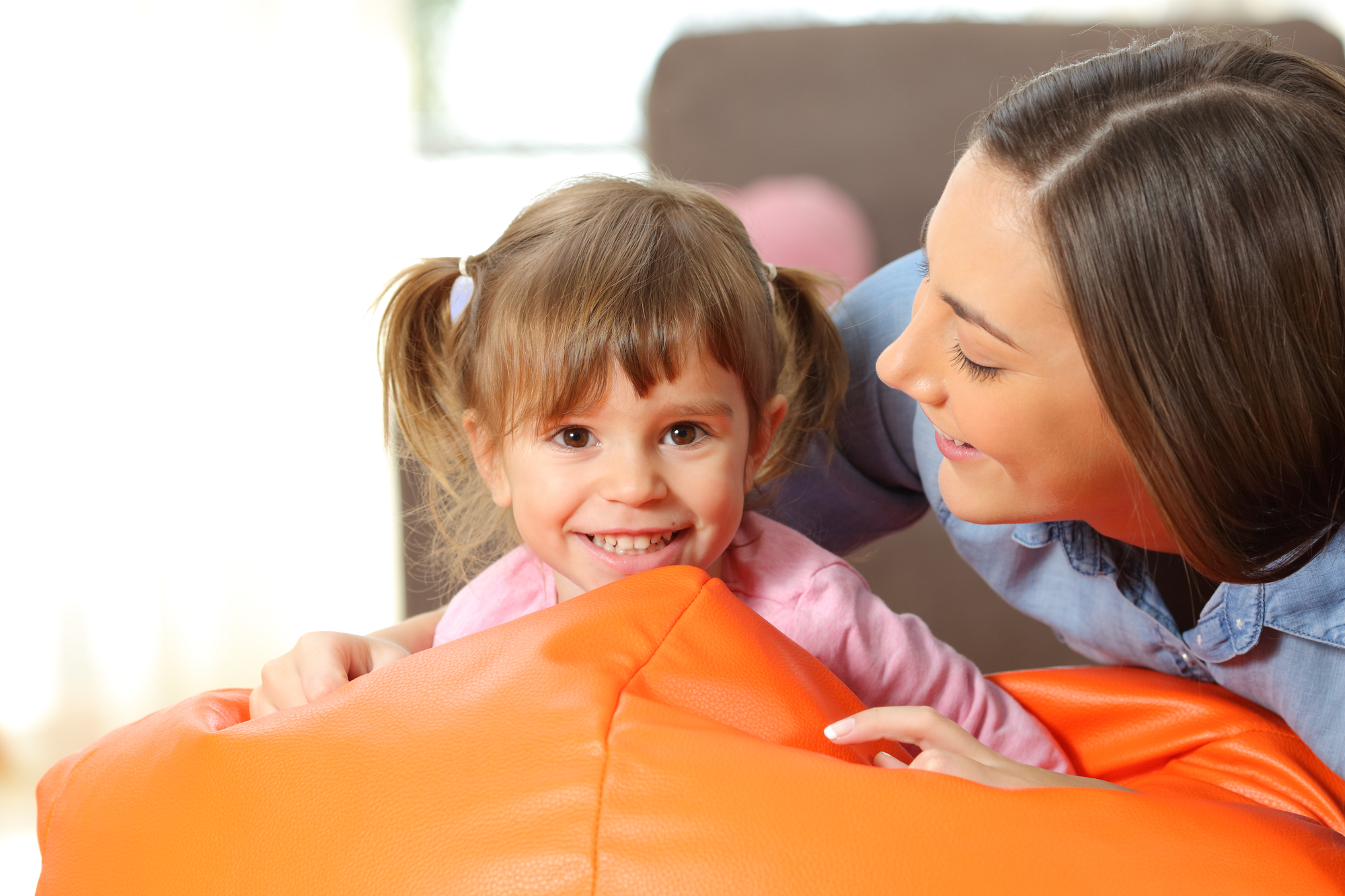Raising young children is a journey filled with joy, challenges, and countless learning opportunities. As parents and educators, understanding the ‘why’ behind children’s behaviour and knowing how to guide them positively can make all the difference.
Drawing on the insights of Therapy Pro’s Head of Positive Behaviour Support, Danielle Forrest, shares evidence-based strategies to help nurture positive behaviour in the early years.
Understanding Child Behaviour Through Expert Eyes
Every child is unique, and so are the ways they express their needs, emotions, and reactions to the world around them.
Positive behaviour support practitioners (PBSPs) view children’s behaviour as a form of communication. They suggest that by observing and understanding the factors influencing behaviour, adults can better support children’s emotional and social development.
Why Draw on Support from PBSPs?
PBSPs emphasise that behaviours are a child’s primary mode of communication, especially when words are not enough. Recognising this allows adults to support children’s emotional and social growth more effectively.
An experienced practitioner sees the whole child – their needs, emotions, developmental stage, and the context of their behaviour. It’s a compassionate, informed approach that seeks to support children in the most understanding way possible, guiding them toward positive growth and development.
Let’s see what this might look, or sound like for the early years:
The Language of Behaviour
Before children master language, they express complex emotions like frustration or joy through behaviour. A tantrum, for example, might not just be a child acting out; it could be a sign of overstimulation, hunger, or the need for attention.
Identifying Behavioural Patterns
PBSPs decode behaviour by noting how children interact with their surroundings and others. Identifying behavioural patterns and triggers is key to understanding and meeting a child’s needs, providing a foundation for supportive strategies.
Understanding Developmental Milestones
Children’s behaviours are milestones in their developmental journey. For example, a two-year old may bite out of frustration, lacking the language to express feelings or the understanding that biting is hurtful. Recognising these developmental stages guides appropriate responses and support.
Promoting Positive Behaviour
Children learn a tremendous amount by observing the adults in their lives.
It’s vital that their trusted adults demonstrate the behaviours we wish to see reflected in them, such as patience, kindness, and respect.
Through our actions, children learn how to interact with others and navigate their emotions in a healthy way.
Setting limits is another crucial aspect of guiding children towards positive behaviour. Boundaries ensures safety and teaches children about what is and isn’t acceptable behaviour.
It’s important to frame these limits in a positive manner and tailor them to be age-appropriate, ensuring that children understand and respect these boundaries as a normal part of life.
Here are some other strategies that promote positive behaviour in many environments:
- Consistent routines: Stability makes the world more predictable for young children. Establishing regular routines for meals, playtime, and sleep can significantly reduce anxiety and behavioural issues.
- Positive reinforcement: Catch your child demonstrating the behaviour you’re seeking! Acknowledge and reward positive behaviour with praise, attention, or sometimes a small reward. This reinforcement makes it more likely that the positive behaviour will continue.
- Setting clear expectations: Use simple, clear language to explain what behaviour is expected in different situations. Visual aids can be particularly helpful for young children to understand and remember these guidelines.
- Listening with empathy: Give your child your full attention when they are expressing themselves, even if it’s through behaviour rather than words. This shows them that their feelings are valid and important.
- Teaching emotional regulation: Help children understand their emotions by naming them and teaching strategies to cope with strong feelings, such as deep breathing, counting, or taking a break.
Meet Mia
For younger children, supportive environments that encourage exploration, learning, and positive interactions are important. When children feel understood and supported, they are more likely to exhibit positive behaviours and engage in cooperative learning and play.
Consider the case of Mia (name changed to maintain confidentiality), a four-year-old who had difficulty sharing toys and taking turns at kindy.
Danielle worked with Mia’s parents and kindy teachers to implement a visual schedule that included specific times for individual play and group-sharing activities.
Of her work with Mia, Danielle said: “It was really important that we supported Mia by also working with her parents and teachers. Kids are clever and they absorb so much of what they see and hear in their environments. When a child’s trusted network all speak the same language and reinforce the positive behaviour, it helps the child to grasp the new things we’re trying to teach them, quickly.”
Mia’s kindy teachers were able to help Mia understand when she would have toys to herself and when it was time to share. This also transitioned into play time at home, when Mia needed to share toys with her siblings.
Combining the visual aids with praising Mia for cooperative play, her parents and educators saw significant improvements in her willingness to share.
Positive Behaviour Requires Consistent Effort from Trusted Adults
Fostering positive behaviour in early childhood requires patience, understanding, and consistent application of evidence-based strategies.
By viewing behaviour as a form of communication, setting clear expectations, and teaching children about emotions and coping strategies, parents and educators can create a nurturing environment that supports children’s development and well-being.
Remember, each child is unique, and what works for one may not work for another. Stay flexible, seek support when needed, and celebrate the small victories along the way.
++++
About the Author
Danielle Forrest is Therapy Pro’s National Head of Positive Behaviour Support and an advanced Positive Behaviour Support Practitioner and Senior Social Worker. She is passionate about fostering healthy emotional and social development in early childhood.
Holding a bachelor’s degree and multiple TAFE courses, Danielle has spent over 20 years working closely with children, parents, and educators to promote positive behaviour and create supportive environments for learning and growth.
She believes in the power of understanding, empathy, and informed support to make a positive difference in the lives of young children and their families.
For more insights and updates from Therapy Pro, follow us on LinkedIn, or read more about positive behaviour support on our website.








